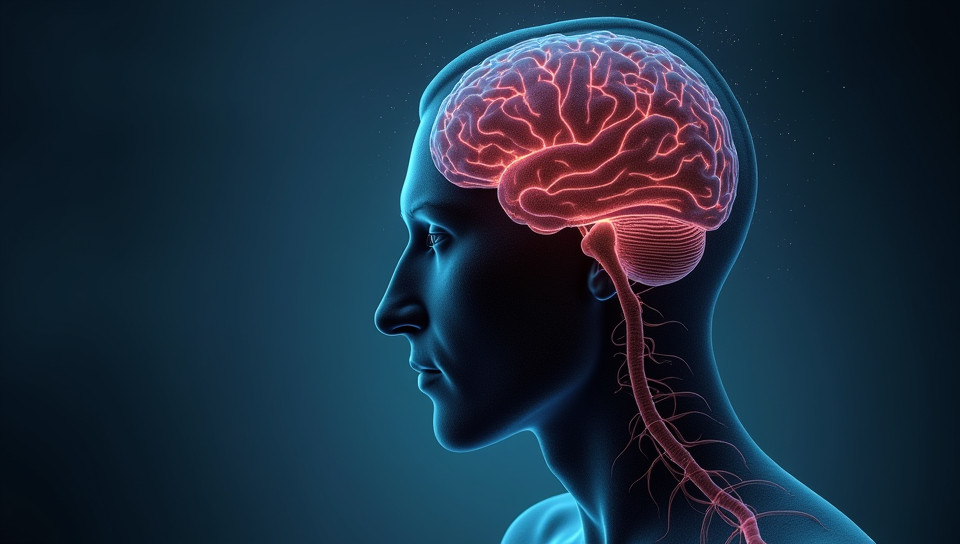Depression and cognitive decline have different risk factors 84%

The Hidden Connections: Unpacking Depression and Cognitive Decline
Depression is a complex mental health condition that affects millions of people worldwide, yet its relationship with cognitive decline remains poorly understood. Recent studies have shed light on the distinct risk factors associated with depression and cognitive decline, highlighting the need for a more nuanced approach to prevention and treatment.
The Complexity of Depression
Depression is characterized by persistent feelings of sadness, hopelessness, and loss of interest in activities that were once enjoyable. While its symptoms can be debilitating, depression also has a profound impact on an individual's physical health, including their cognitive abilities.
Cognitive Decline: A Separate Entity
Cognitive decline, on the other hand, refers to a range of age-related cognitive changes that can affect memory, language, problem-solving, and decision-making. While depression can contribute to cognitive decline, they are not one and the same.
Risk Factors for Depression and Cognitive Decline
- Genetic predisposition
- Traumatic brain injury
- Poor sleep quality
- Social isolation
- Lack of physical activity
- Malnutrition
- Chronic stress
While some risk factors, such as genetic predisposition and traumatic brain injury, can contribute to both depression and cognitive decline, others are unique to each condition. For instance, poor sleep quality is a significant risk factor for depression, whereas social isolation is more closely linked to cognitive decline.
The Interplay Between Depression and Cognitive Decline
The relationship between depression and cognitive decline is bidirectional: depression can exacerbate cognitive decline, while cognitive decline can contribute to the development of depression. This interplay highlights the need for a comprehensive approach that addresses both conditions simultaneously.
Conclusion
Depression and cognitive decline are distinct entities with unique risk factors, yet they are inextricably linked. By acknowledging these differences and similarities, we can develop more effective prevention and treatment strategies that address the complex needs of individuals struggling with depression and cognitive decline. Ultimately, this nuanced understanding will lead to better outcomes for those affected by these conditions, allowing them to live healthier, happier lives.
- Created by: Sofia David
- Created at: Oct. 13, 2024, 6:17 a.m.
- ID: 12277








